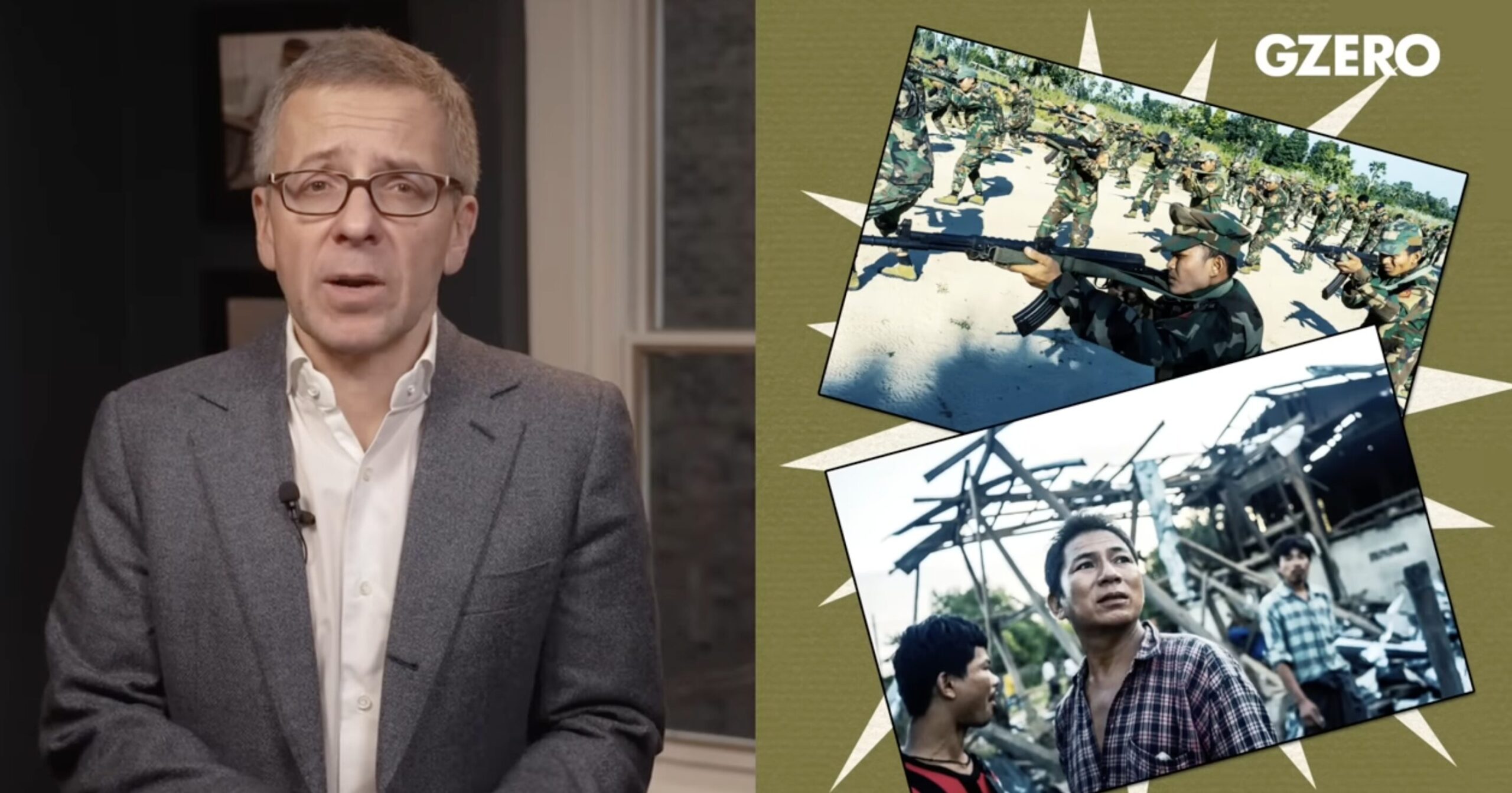Inside the administration, Birx and other top health officials raised repeated concerns to senior White House staff about Atlas’ influence on the administration’s decision-making. But their complaints gained little traction, she said.
“I could see the consequences of what was occurring out across the United States and the severity of the virus among the most ill, and my concern about those who were potentially less ill,” Birx told the panel, adding that she shared her worries with both Trump and then-Vice President Mike Pence, who chaired the White House Covid-19 Task Force. “And inside the White House is a person that is basically wanting community spread to increase.“
Atlas resigned in November 2020, after his 130-day detail as a special government employee ran out.
The select panel has been probing the Trump administration’s coronavirus response since September 2020, shortly after a POLITICO story revealed how political appointees interfered with the government’s Morbidity and Mortality Weekly Reports, which are authored by career scientists and are typically free of political interference. Since then, the panel has also highlighted evidence that appeared to show other instances of political interference in the pandemic response.
Birx said she gave Atlas data showing the virus spreading across age groups but that Atlas “used every opportunity” to push back on efforts to control community spread. The mixed messaging that emerged from an administration split over how to approach the pandemic undermined the work of the White House Covid-19 task force and the message she was bringing to states about the need to control virus spread, she said.
Asked if Atlas specifically had a negative impact on the Covid-19 response, Birx replied: “It certainly made it harder to execute.”






